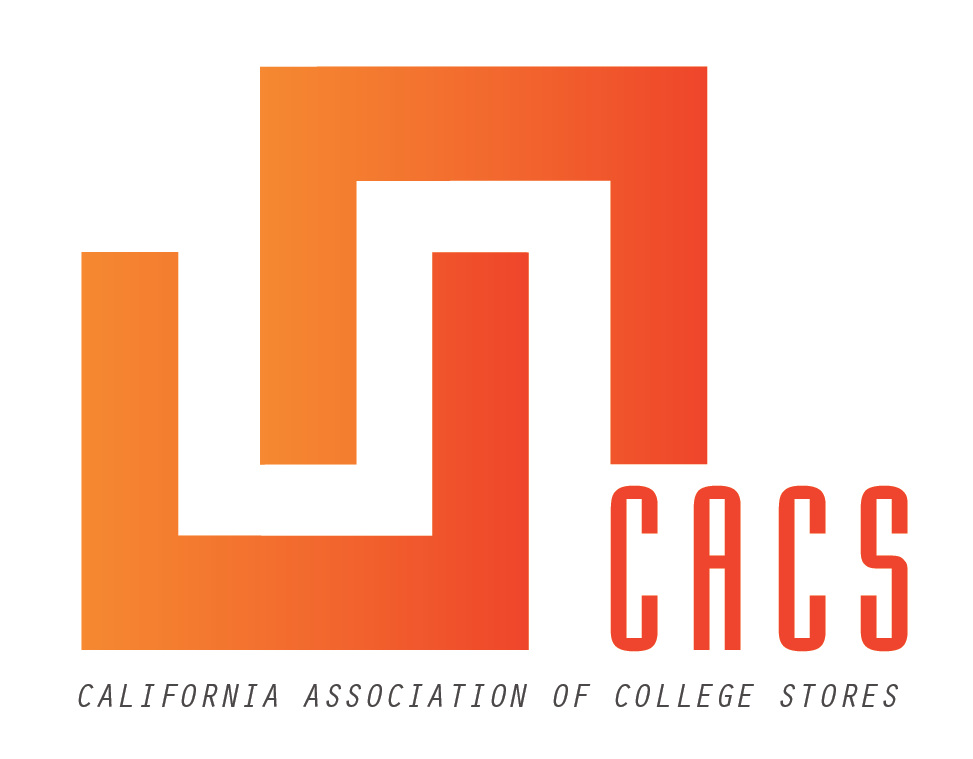CACS & NACS Public Policy Info
FEBRUARY 9, 2024
From NACS Newsletter - Campus Marketplace
Proposed Cash Management Regs Pose Challenges for IA/EA
The U.S. Department of Education (ED) is in the early stages of exploring potential regulatory changes to Title IV cash management rules through a process known as negotiated rulemaking that would impact institutions’ ability to continue offering affordable access programs (commonly known as inclusive access or equitable access) that are fundamental to students’ academic success and course materials affordability. The draft regulation is not expected to be formally released for public comment until fall 2024 and finalized in 2025 for potential implementation in July 2026.
This week, in the second of three weeklong sessions, ED rejected a number of proposals that provide the ability of institutions to settle charges for books and supplies within tuition and fees, including a proposal brought forward by Jason Lorgan of the University of California Davis on behalf of four-year and two-year public institutions.
ED has proposed to not allow settling of financial aid charges for books and supplies within tuition and fees except if there is a compelling health or safety reason. This would result in a requirement that students provide written authorization to settle such charges prior to participation in an affordable access program. ED also clarified requirements that books and supplies in IA and EA programs when students authorize charges will need to be “at or below competitive market rates” and will require authorization on a per-term basis to settle such charges.
ED is not proposing any changes to existing regulatory practices that involve regular student authorization and ability of students to use their financial aid at the campus bookstore. On Feb. 8, negotiators representing higher education institutions proposed a new alternative, which is under consideration by ED. That proposal would expand disclosure and guardrail requirements that closely align with existing best practices for existing programs. Negotiators are expected to meet for their third and final weeklong session the week of March 4.
As ED continues to negotiate the details of proposed changes, campus stores should be aware that IA and EA programs are facing greater interest and scrutiny in higher ed media.
Several recent articles and opinion pieces in higher-ed publications have taken issue with opt-out IA and EA programs. For example, an article in Inside Higher Ed (“Biden Administration Looks to Clamp Down on Inclusive Access,” Jan. 29, registration required) quoted critics who felt IA and EA cause many students to pay more for materials than if they could shop on their own, although no data was cited. The article also described the opt-out process as “opaque” and quoted a student leader in Florida as saying students don’t realize they can opt out or know how to do so.
A student government member also took aim at his Minnesota college’s proposed opt-out IA program in an editorial in the campus publication (“Inclusive access is a handout to a bleeding textbook industry,” Feb. 1) while an academic librarian voiced her misgivings about IA and EA and their potential impact on libraries on the Association of College and Research Libraries’ official blog(“Unveiling the Deceptive Duo: IA and EA—A Threat to Student Choice and Library Reserves,” Feb. 2).
Some of the criticism levied at IA and EA in these articles involve things that aren’t inherent to the programs at all. One interviewed a student who complained about a professor hardly using two of the textbooks in her IA program; another student was upset about a required access code for submitting homework.
NACS Government Relations continues to collaborate with other higher education associations and institutions as well as other industry stakeholders to gather and share accurate data with ED and the negotiating committee about the positive impact of IA and EA programs on affordability, access, and student success. If your store has data showing the impact of your IA or EA program, contact Rich Hershman, vice president of government relations, at rhershman@nacs.org.
Hershman will present an update on these developments in a session at CAMEX24 on Tuesday, Feb. 27, and will be available for members during the conference. Stay tuned for updates, alerts, and additional requests from NACS Government Relations via email, Campus Marketplace, and The Hub.
JANUARY 26, 2024
FROM John Valencia
Less-than-stellar fiscal news for California continued to be front and center for the Legislature and the Administration this week as the Legislative Analyst’s Office (LAO) reported, “In the first few weeks of January, real-time personal income tax (PIT) revenue collections are running $3 billion to $4 billion short of the January target for current year revenue projections included in the 2024-25 Governor's Budget.”
The shortfall is over $3 billion in lower-than-anticipated capital gains tax revenue and near $1 billion in less-than-projected personal income tax revenue from January estimated tax payments by high wage earners.
Meanwhile, the pace of legislative proposals remains relatively slow as fewer than a combined 250 new pieces of legislation have been introduced in the Assembly and Senate.
NACS/CACS Retail Theft (click for more information)



